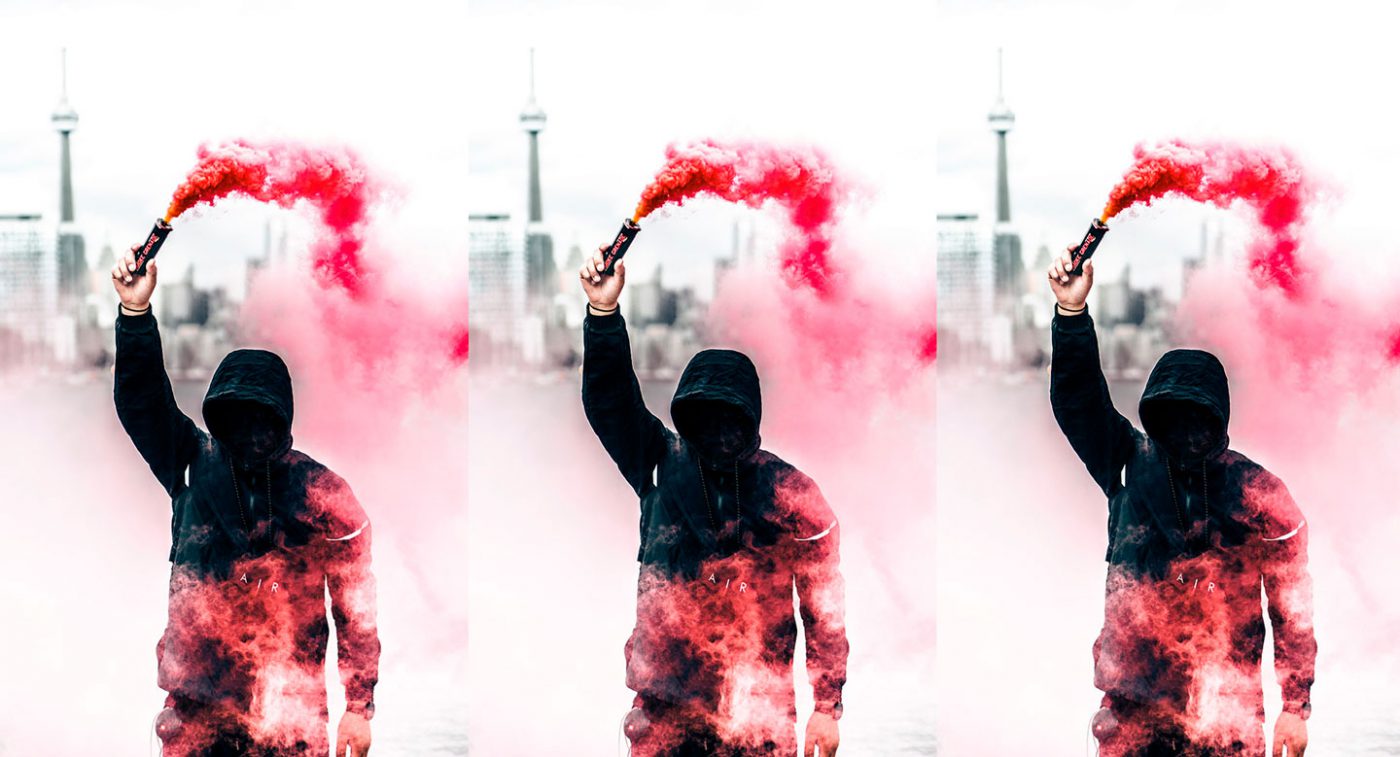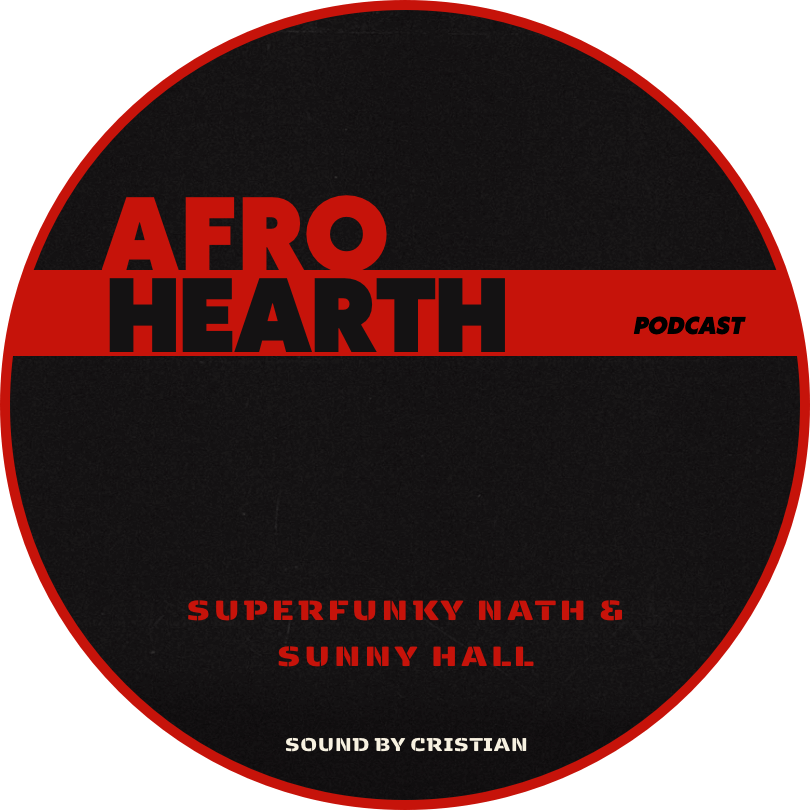
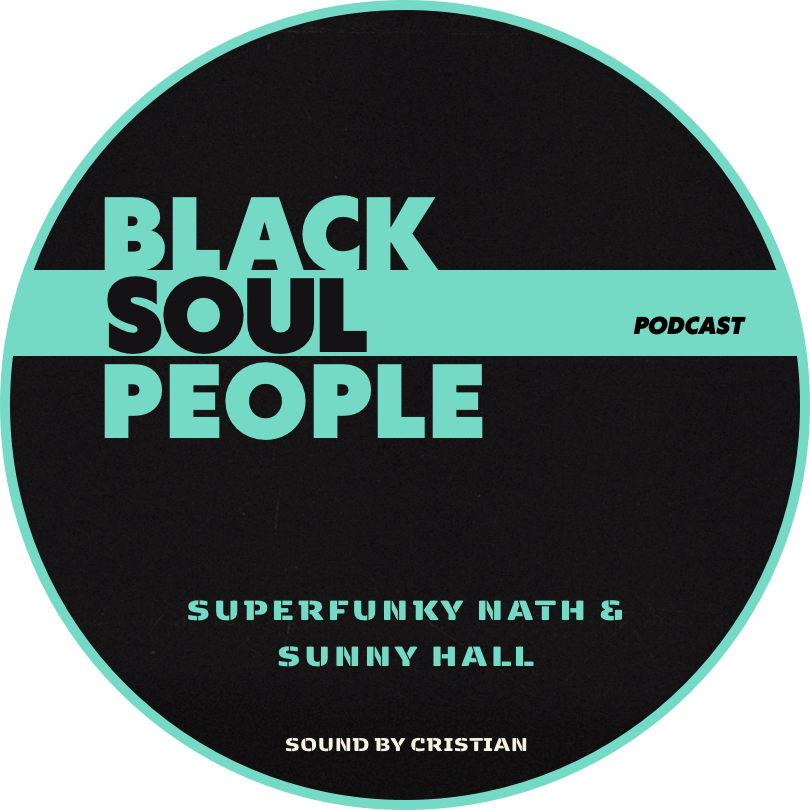
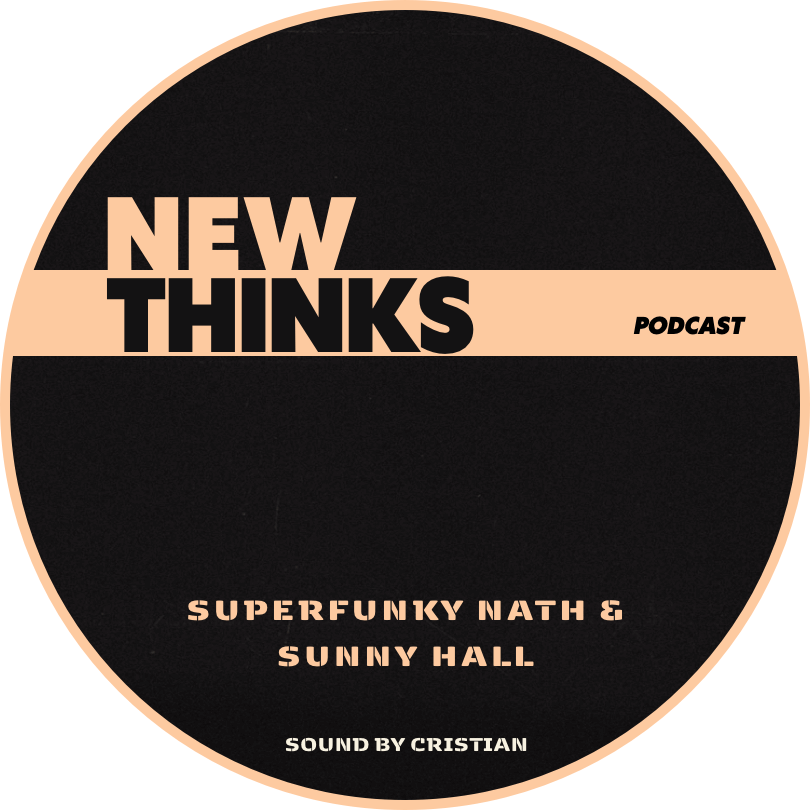

As a child I was brought up in the midst of republican principles:
of human rights and civic rights, the French Revolution, of secularism as well as the great French principles:
Liberty, Equality, Fraternity.
I grew up in France in the 90s, the golden era of SOS Racism, of “Don’t touch my mate” (an anti-racism campaign at the time) from which the famous yellow hand came from, of the France “Black,White, Beur” post World-Cup 98.
I grew up in this great Republic, apparently inclusive, egalitarian and jacobinist that does not see colour, our beloved country of the Enlightenment and the great thinkers.
In France, from childhood to adulthood, everything is conditioned to make of us good believers subjugated to the Republic, so that the republican and universalist principles are our feats of arms, so that we hold the Republic in our hearts, and of course never question it. School, TV, the various and diverse institutions, policies, the people around us…
All this beautiful little world preaches sermons, with closed eyes, to our great lady :
the Republic. As a child I didn’t escape either, naturally, I too loved the “secular, universalist and republican principles”.
It is said that love is blind, isn’t it?
From my early childhood until my entry in 6th grade (it is the entry to college in France from 11years old ) I already noticed at the time strange behaviours towards me, teacher’s attitudes, certain students’ attitudes, nicknames I was given (“little monkey” among others), but I still didn’t identify the problem, I had no word, no reference to put on this situation.
So, when I started college, the first doubts about my love story for the Republic began to appear. I realized that the republican principle wasn’t as immaculate as I had been led to believe.
I slowly opened my eyes to the fact that the direct representatives of the Republic were the faculty, the teaching community and the police who didn’t treat all of its children the same way.
Violence became more frequent, from childhood into pre-adolescence. Violence is experienced almost gradually with age, violence emanating directly from the teaching community but also from the different social actors.
One of my art teachers only threw me out, when the whole class was agitated, as the months went by, I noticed that she only expelled racialized students from her class.
My first confrontation with the police, the mother of a friend who didn’t like me, solely because I wasn’t White, the mother of another friend who called me “the Nigger”, the class of ZEGPA (sections of general and vocational education adapted, called more colloquially the trash)where a large part of the pupils were racialized, as if this youth was destined to have no future, my mother forbade me to go to the ZUP( area to be urbanised by priority or social housing project), the language used by certain teachers to address non-White students.
My uncle who would toast to :
“One less for the Arabs”…
And a whole series of events came to shake my blind faith in the land of Human Rights and Enlightenment.
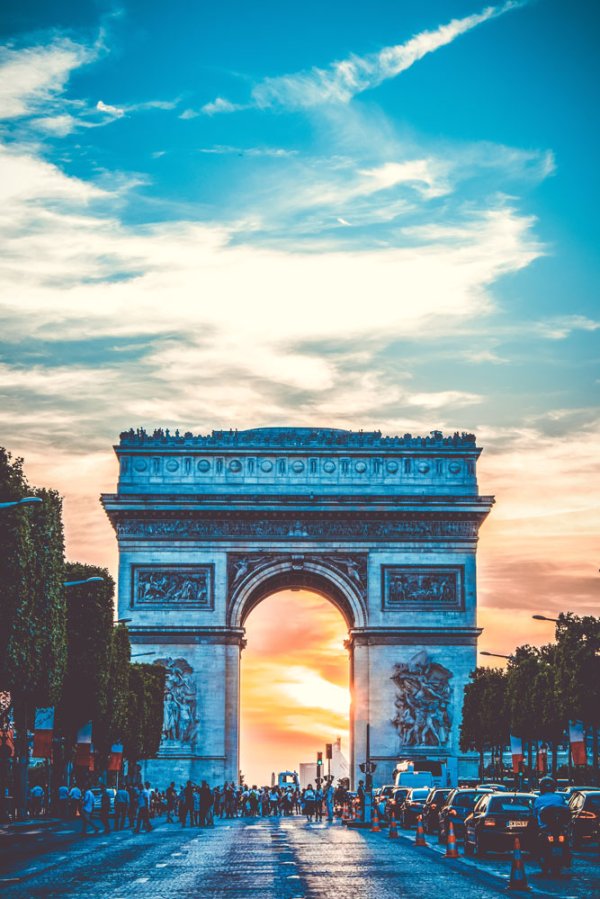
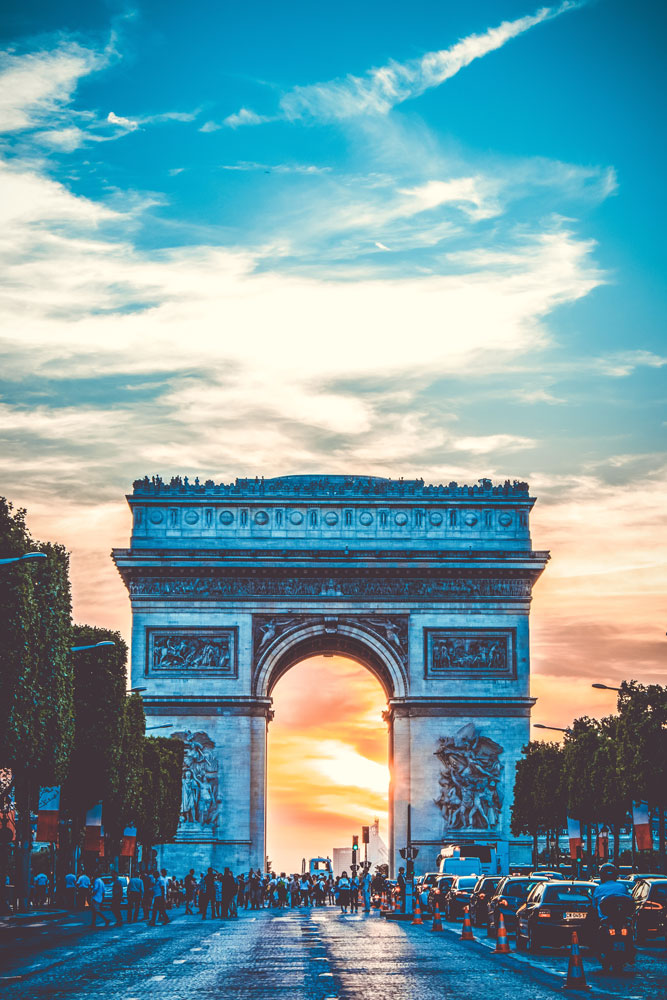

[…]I realized that the republican principle wasn’t as immaculate as I had been led to believe.
I slowly opened my eyes to the fact that the direct representatives of the Republic were the faculty, the teaching community and the police who didn’t treat all of its children the same way […]

I was disenchanted, my doubts increased, I had questions, lots of questions, but for the time being I didn’t have any answers. I didn’t know yet that this relationship would prove to be toxic, and that the Republic or at least the image I’d been sold of it, would deceive me, betray me.
I did not yet know that all the episodes I had experienced in college were only the beginning of a long tumble towards my current falling out of love with the French Republic.
At 14, I entered high school, when childhood is behind us, but where we are not yet adults, when we are no longer very young and cute children.
The representatives of the Republic were going to be even more threatening, aggressive and violent, much more than I could have imagined until then.
I would like to clarify here part of the story :
I grew up in what could be called a medium-sized town of 20,000 inhabitants, not a metropolis where the issues I described here are tenfold.
The school also holds fairly clear positions on the place of racialized youth within society and their prospects of the future.
A good example to take is the pre-baccalaureate orientation or selection ( the equivalent of US 10-12th grades), whether at the end of middle school or high school racialized students and/or from less-favoured areas are sorted on the shutter, they are cut off even before the end of their schooling, to be arbitrarily, in a discriminatory way towards the so-called dustbin courses.
The police…
Growing up the altercations with the police went from simple ID checks to another form of control (racial profiling)
The relationship with the police was changing into the beginning of intimidation, violence and humiliations. More Frequent racial profiling in addition to police brutality made a grand entrance into my daily life.
In adolescence racialized youngsters increasingly represent a threat for the Republic, which is the reason why the police treat them as adults from an institutionalized and racist violence point.
An important event, will come to mark the end of my high school years, the riots of 2005.
Small historic reminder :
In 2005 in Clichy-sous-Bois, Zyed Benna and Bouna Traoré (aged 15 and 17) died electrocuted, trying to escape a police control. Murders from the French police were nothing new in the country, it was a simple a recurring story. Following this tragic event suburbs in the entire French territory came into confrontation against the State, against its injustices and its institutional racism, which had already claimed numerous victims. I still remember the magnitude of the problem because there were several riots, even in my hometown and, I repeat :
I grew up in a town with an average population of 20.000.
That same year, I saw again a racialized friend who had moved for several years earlier, in a city in the suburban Paris called “ghetto”, he explained to me the constant violence intimidation he experienced, helicopters flying over the suburbs, anti-riot police armed to the teeth…
I saw before my eyes the forgotten racialized youth of France struggling before the State to seek justice and dignity. And on the other side, I observed losely the reaction of the good old “Gaulish-White, Judeo-Christian, Republicans and human-righters, who unleashed their scorn on the people from the suburbs, dismissing them as savages and misfits.
I was not one of them, I didn’t grow up in a ghetto but since I was 18, I understood their frustration, that anger that was completely justified.
I wasn’t those youngsters but their faces looked like mine, and I didn’t recognize myself at all, in the White republican discourse that kept arguing that those people were savages, because indirectly there were calling me also a savage.
School and the police were, for me, very important markers to learn about non-equality and non-fraternity, about injustice, about a fractured or inexistent secularism which served only its own objectives. A supposed “integration or assimilation” which had utterly failed, truncated, revealing racial and social discriminations.
The Republican school and its secular and egalitarian moral proved to be nothing but a farce; the police revealed itself as a menace, a repressive weapon serving the State and the defence of the Republic, under no circumstances in the service of protecting citizens or only“certain”citizens.

I was not one of them, I didn’t grow up in a ghetto but since I was 18, I understood their frustration, that anger that was completely justified.
I wasn’t those youngsters but their faces looked like mine, and I didn’t recognize myself at all, in the White republican discourse that kept arguing that those people were savages, because indirectly there were calling me also a savage.

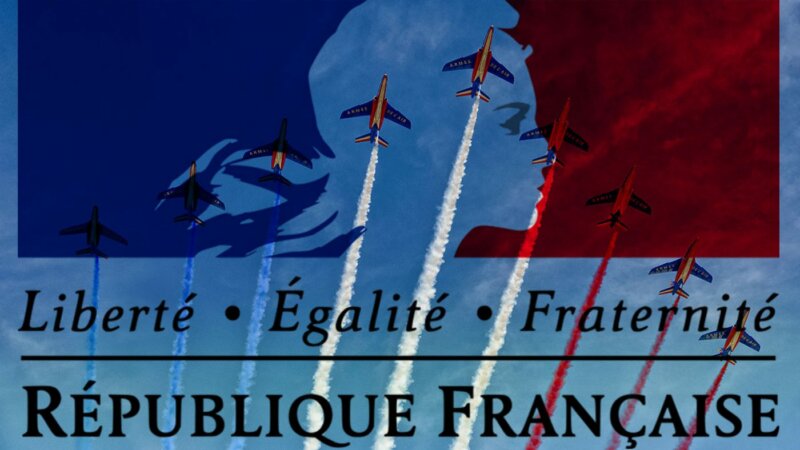
The Republic had not only betrayed me on its great principles, it had also lied and kept things from me. It had lied to me about the history of France, it had lied to me about Universalism, about its values, but also to thousands of other people.
As I said before, as a child I was filled with unanswered questions, as a teenager and young adult, I began to look for answers to all these questions. I discovered a large number of hidden, concealed and unspoken truths about the Republic. The different colonial histories and the French crimes against the colonies native population. I searched or the stories and for the people to tell them to me, I looked for these stories which could not be found in French schoolbooks. I learned, for instance, about the massacre of Algerians at the hands of French police on the night of the 17th of October, 1961, executed in cold blood during a pacific demonstration. I began to understand why we were French with a big BUT hanging over our heads, like the sword of Damocles.
A little over 20 years old, I went to live in Morocco. I stayed in Casablanca a little less than a year, where I could see the legacy of the former protectorate in today’s Morocco. The French language overvalued as best over Arabic or Berber, the neighbourhoods of descendants of wealthy White settlers, the French culture and heritage taught in university to the detriment of Moroccan culture and heritage.
I heard how French civil servants treated Moroccans at the French Embassy, I saw the White Frenchmen generally believing themselves to be superior, I saw that they had their private beaches for whites where entry was forbidden to the local population.
I learned how some of my acquaintances could never come to see me in France, even for a weekend, because it was practically impossible for them to obtain a visa, while remembering the racist treatment suffered by people of Maghrebi origin in France.
Upon my return to French territory, I reached my breaking point with the Republic, a few years later, I began to understand the mechanisms of racism, the colonial and imperialist history of France, the murders, the tortures, the rapes, the crimes of the State against the various colonized and ex-colonized populations both inside and outside national territory.
The massacre of Senegalese men from Thiaroye, soldiers who fought for the liberation of France during WWII, the treatment of French overseas territories and the riots of May 1967 in Guadeloupe, the history of the Kanak people—indigenous population of New Caledonia—, the riots in the suburbs in 1979 and thereafter until today, the Algerian War and the First Indochina War and its thousands of dead, the France-Africa relationship that is contemporary to us…
As I grew older, I began to find answers and I was able to pinpoint the uneasiness I felt as a child. I finally, understood but it led me to a brutal breakup with this great love story I shared with the French Republic.
The veil was lifted at last.
But the end of this love story was not followed by some great void, on the contrary it was decidedly a rebirth.
The multiplicity of voices that have arisen and the people who have battled against the French State in recent years as well as in the past, were a revelation for me. The accessibility and visibilization of the French past history in all its complexity, as well as the anti-colonialist and anti-racist struggles, carried out by racialized people led me to believe in other principles, other models, other ideals and to have other perspectives about our past, about our present, but also about the future. Now I have the necessary tools to understand how our love story was shattered.

We will not let anyone speak on behalf of our hopes
We are not victims, let alone damned
We will arrive from dawn in spontaneous irruption

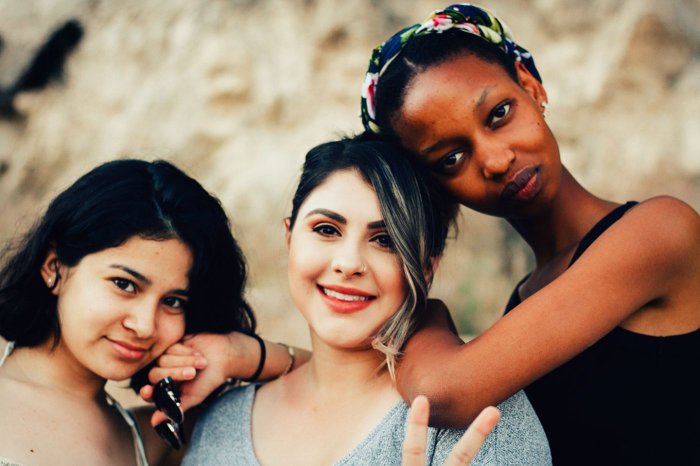
Kerry James quote:
«To all these racists with hypocritical-tolerance
Who built their nation on blood
Now set themselves up as lesson-givers
Wealth looters, African killers Colonizers, torturers of Algerians
This colonial past is yours
You are the ones who chose to bind your history to ours
Now you must assume
The smell of blood pursues you even if you wear perfume »
« These are the same hypocrites who speak to us about diversity
Who express racism under the guise of secularism
Dream of a single French, with a single identity
Persist to discriminate, the same minorities
Facing the same voters, the same fears are agitated
Communities opposed, to hide precariousness
Don’t be surprised if tomorrow it ends up blowing up
How to love a country, which refuses to respect us »
Your racialized children have their eyes wide open and they won’t be walked over, we know the history, we know the past struggles, now we are experts on our lives and masters of our histories, we are done with paternalism and over with.
But apparently, this great love story does not end with me or the others, since your Gallic descendants, your great principles, your great Republican and secular values, consider me today a traitor to France, an enemy of the nation for my anti-racist, anti-colonialist and anti-imperialist positions, and because I break a golden rule:
I criticize France, I criticize the Republic and its great values. The descendants of Enlightenment, Universalists and Jacobinists decided to attack the political anti-racist and decolonial racialized activists, to try to censor them in public and academic spaces as they are thought to be a great danger for the nation.
Once again, the republican and secular machine goes into motion and tries to discredit us, to silence us, and to criminalise us.
Would the decolonial movements pose a threat to Humanism?
We would be a menace to the nation and the Republic?
Once again you are lowering your children to the status of enemies?
But, Madame Republic, this proves only one thing :
you are afraid, Madame Republic, you are terrified of the fact that your racialized children are organizing themselves without you. You tremble, for the way of thinking with which you have built this society, no longer supports itself. Your system is cracked on all sides, this unjust system, no longer stands, by its foundations based on the raciality of this society, Madame Republic..
Hypocrite you are, hypocrite you’ll remain, but count on it, Madame Republic, because yet again there’s a whole army of racialized people that will be ready to rise against you.
Gaël Faye quote
« We will not let anyone speak on behalf of our hopes
We are not victims, let alone damned
We will arrive from dawn in spontaneous irruption »
